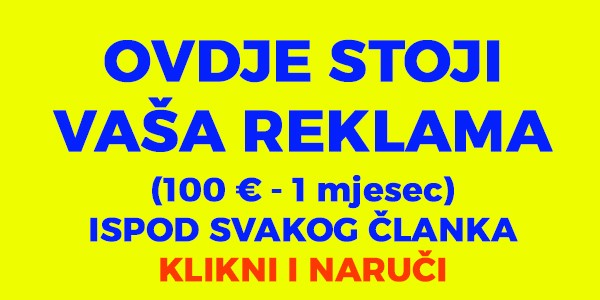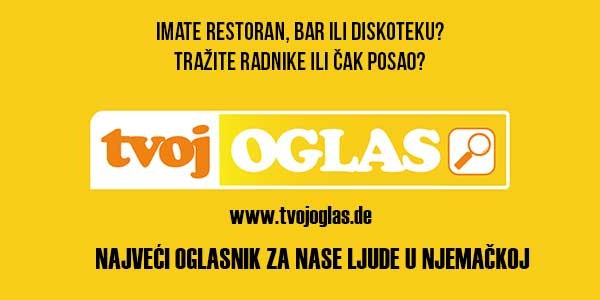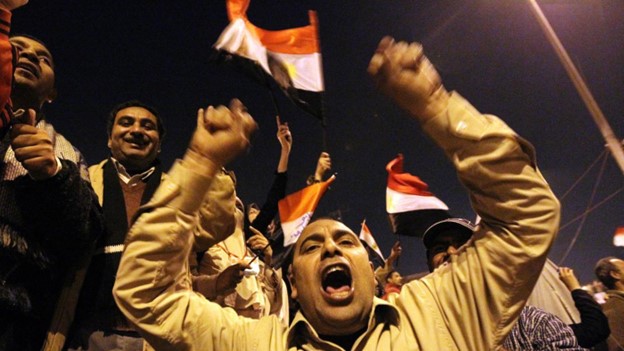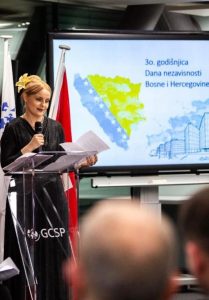
Almedin Becirovic survived the Srebrenica Genocide in 1995. He spent 48 days heavily wounded in the forests but eventually managed to reach the territory controlled by the Bosnian army. He told N1 his story.
Becirovic said he left Srebrenica and arrived at Kamenica hill where he was wounded, and from continued to Udrc where N1 spoke to him.
“About a hundred metres from here, we gathered the wounded. I lost two brothers on this journey. I buried one in 2008. There is still no trace of the other one, nothing was found.
Becirovic said he lost his father at the very beginning of the war in 1992, and his sister a year later.
“Today, after 27 years, I am here again. I have no wounds, there is no blood, but the pain can still be felt. That smell of blood is still in the air. And we who survived this will carry it as long as we live,” he said.
Becirovic said he was shot in the hip and the bullet passed through his body. He also suffered shrapnel wounds on his leg. He eventually managed to reach Tuzla, where he was admitted to the hospital.
He said the doctor examined his gunshot wound and saw that maggots had already infested it.
Becirovic explained that when his group arrived at Udrc, they were told it was impossible to move forward.
“So I decided to return to Zepa, not knowing if Zepa was still in our hands. We arrived in Zepa, headed towards Vlasenica, and there we were ambushed. I returned to Srebrenica again”, he explained.
“Then the chase started in the forest, they literally chased us like animals. Many of us did not survive. We were discovered in Kak, where my comrades were killed,” he added.
Becirovic said he barely felt pain from his wounds at the time since the adrenaline kicked as he focused on survival.
He said he took investigators from the International Criminal Tribunal for the former Yugoslavia to the site in 1998 to help uncover three mass graves.
Again, as every year, he appealed to those who may have knowledge of the locations of other mass graves to come forward.
“I urge once again, I say this every year, all people of goodwill, regardless of their religion or nationality, to reveal where those graves are, so we find these remains to bury them decently and for them to admit what they did,” he said.
“Not all of them are the same, but criminals must not be supported. We did not invent this genocide, the court in the Hague established that it happened,” he added.
Becirovic was a witness at the Hague Tribunal against convicted war criminals Radislav Krstic and Drazen Erdemovic.
“Still today, I walk with my head held high and speak about what happened, I tell only the truth,” he said.

“It is difficult, and believe me, this can never be forgotten. This is a wound that will not heal for ages. Srebrenica can be seen everywhere where innocents are being killed. Today we see people on the streets who we know raped our mothers, and killed our fathers, just because we have different names. We were no heroes, but ordinary people who were attacked by them with the help of paramilitary formations from Serbia,” he said.
“We are talking about this today so that it does not happen again to anyone else. Whoever wants war, may it happen in their own house,” Becirovic stressed.
Becirovic explained that he paid for information about the location of his father’s remains, which were found in a secondary mass grave in the area of Zvornik.
“I took his bones out of the grave myself, I don’t remember how I got home that day,” he said.
His sister told him their father was killed by a sniper and died in her arms.
When asked how he is feeling today, Becirovic said:
“I’m alive, physically I’m here, but I died in ‘95.”












GIPHY App Key not set. Please check settings